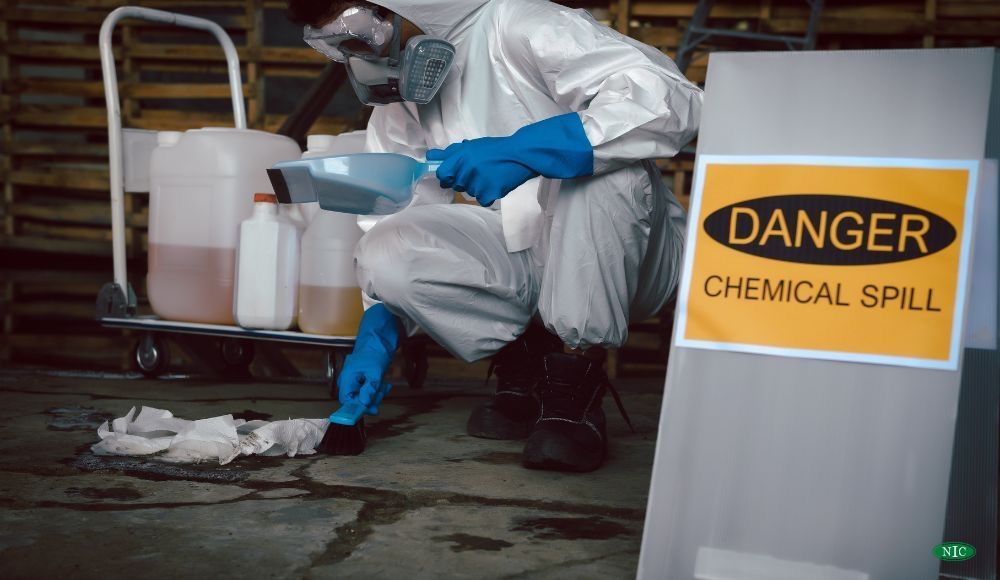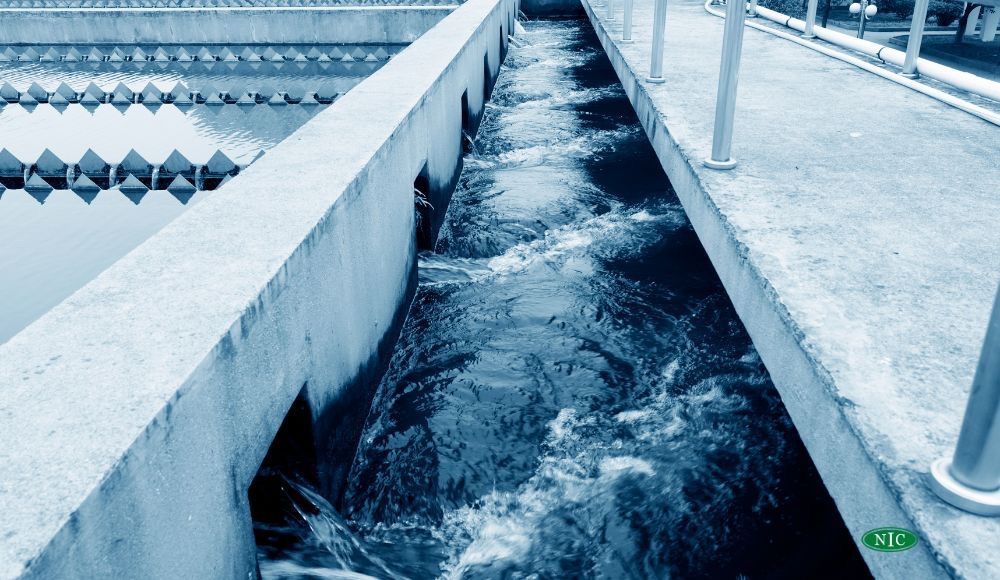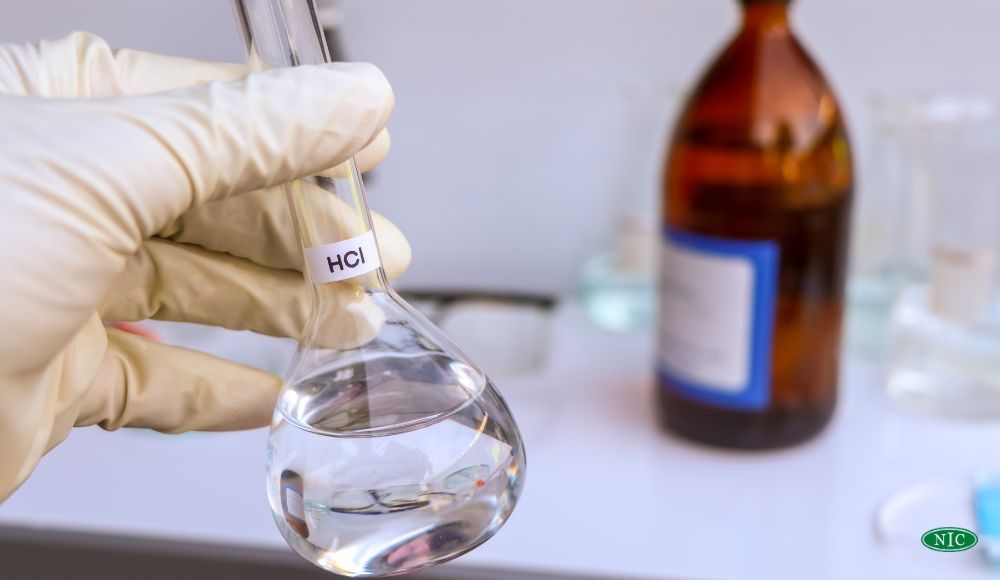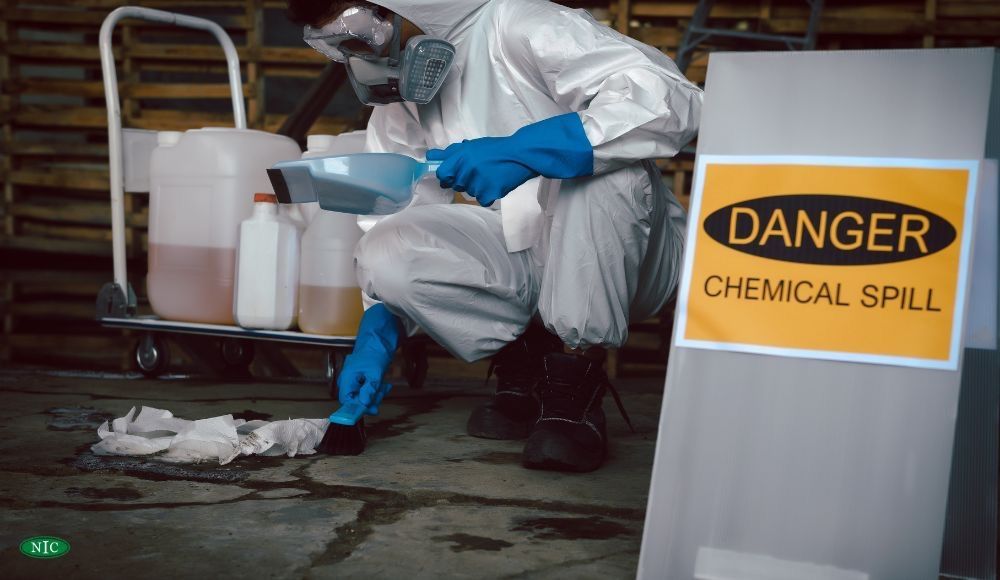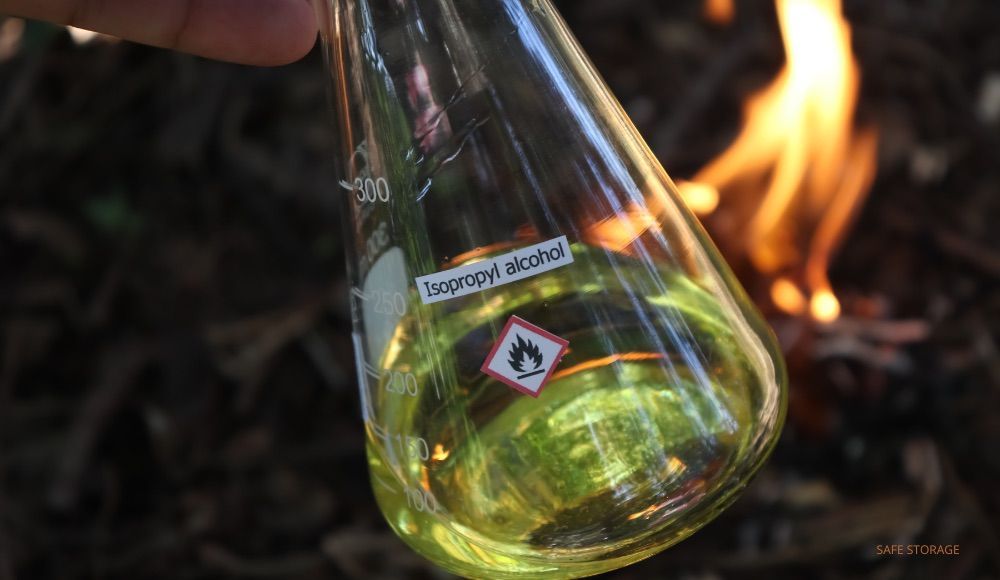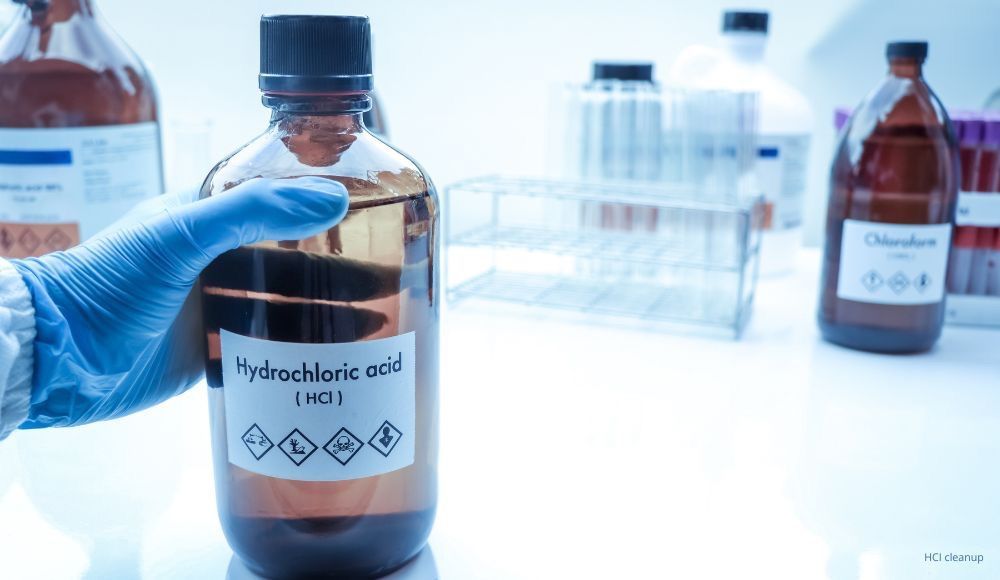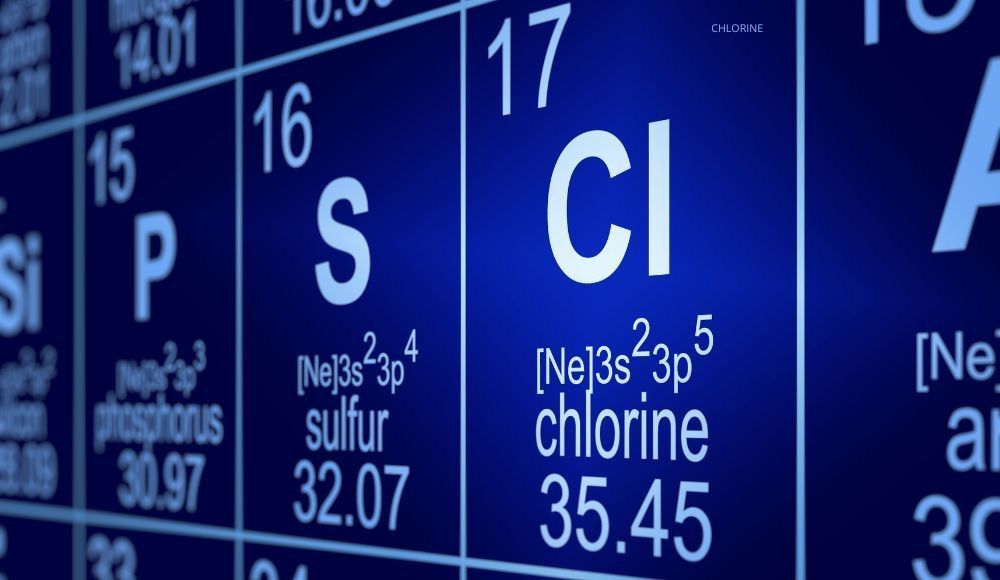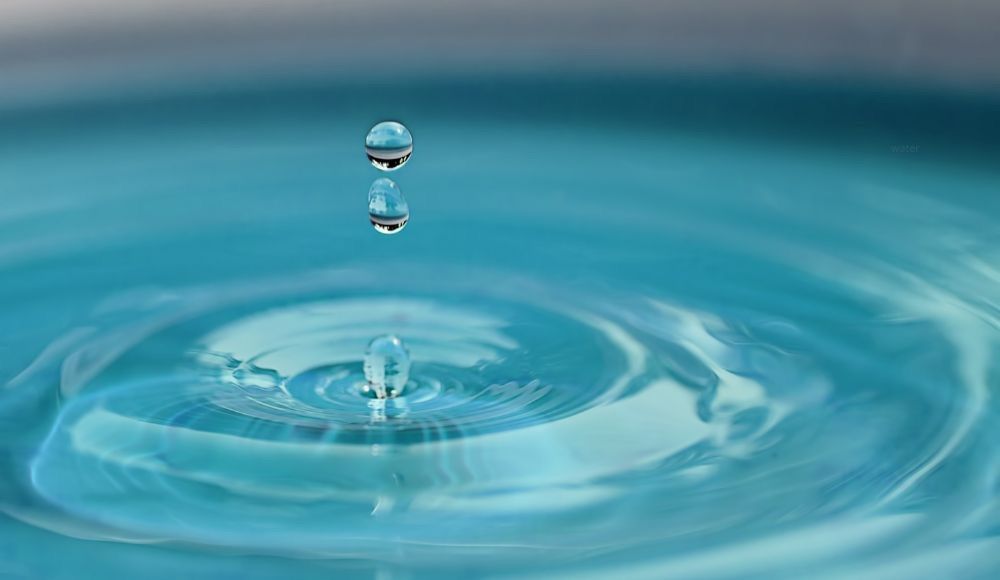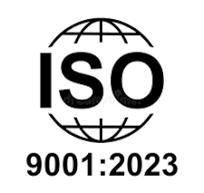The Use of Organisms to Clean Up Toxic Waste: A Breakdown
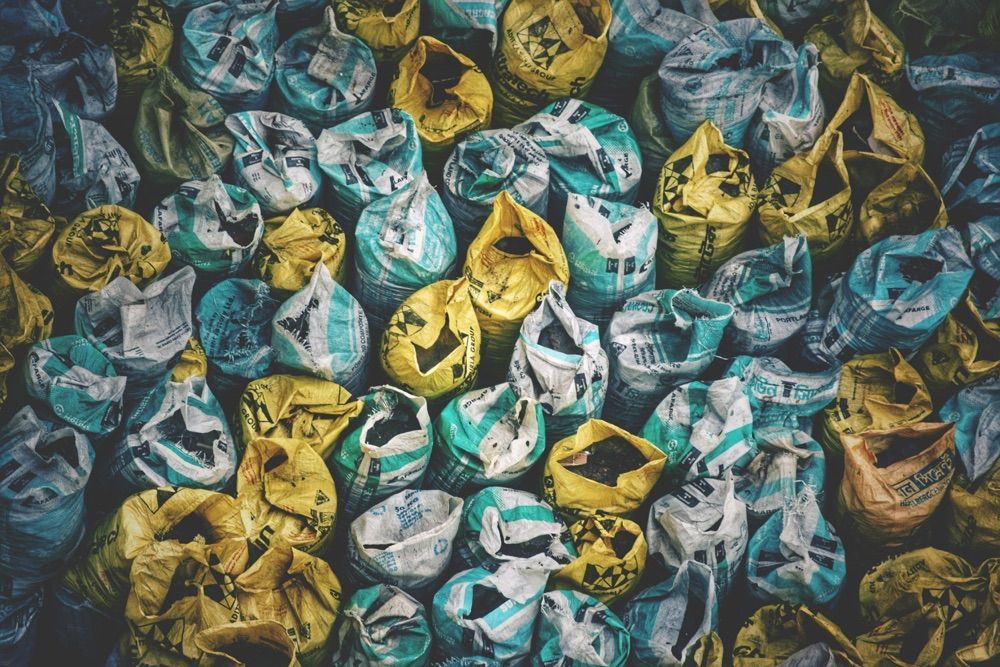
Did you know that every year, we generate around 12 billion tons of waste globally?
While this may not seem like a major issue, given the prevalence of recycling and safe-disposal schemes, a considerable percentage of this waste is not properly disposed of. When it comes to toxic waste, it's not only the environment that is harmed - it also becomes a threat to human and animal life.
Therefore, it is crucial that companies producing any form of toxic waste work to dispose of it properly and safely. One way to achieve this is through the use of organisms.
Organism-Driven Cleanup:
A Natural Solution
What laws and regulations govern the disposal of toxic waste?
Various national and regional regulations and laws have been put in place to dictate the way in which toxic waste must be treated and disposed of. This includes the Resource Conservation and Recovery Act (RCRA), which is part of the Environmental Protection Agencies Hazardous Waste program. This program and the regulations above aim to “establish a system for controlling hazardous waste from the time it is generated until its ultimate disposal.”
Falling to abide by these rules and regulations could land you in significant legal and financial trouble. For example, penalties could include fines of $50,000 or above, alongside criminal charges and even jail time!
Beyond this, your business's reputation is likely to take a hit, especially when you consider the fact that 63% of consumers would consider themselves to be eco-friendly. This could mean that they are unlikely to support your company moving forward if irresponsible environmental practices are brought to light.
Finally, while the above regulations and laws should act as a deterrent when it comes to incorrectly disposing of toxic waste, it is important to remember that we all have a role to play in protecting the environment for future generations.
What classifies as toxic waste?
A variety of waste products are considered toxic due to the threat they place upon the environment or the health of those they come into contact with. This could include:
● Acids
● Solvents
● Pesticides
● Oils
● Lead
● Mercury
● Medical waste
How do organisms break down toxic waste?
Organisms break down toxic waste through a process that is known as biodegradation. It involves the use of specific microbes and enzymes, which can effectively break down toxic waste, turning this waste product into something safer and easier to handle.
The process of using organisms to break down waste is known as bioremediation. It is a process adopted by many different industries, such as companies such as North Industrial, when it comes to effective wastewater management.
Understanding Bioremediation: The Basics
As mentioned above, the process of using organisms to clean up toxic waste is called bioremediation. While it may seem difficult to grasp, it's a relatively simple process that involves introducing microscopic microbes and enzymes into the waste and allowing them to work their “magic.”
These microbes and enzymes can break down this waste because they use toxic chemicals, oils, and waste products as a source of energy. Through bioremediation, toxic chemicals are turned into significantly less harmful waste products.
Certain standards must be met for bioremediation to work effectively. For example, the climate or surrounding temperature must be warm for the specific microbes and enzymes to thrive. While it may seem like a relatively new topic, studies suggest this treatment was utilized as far back as the Roman Empire.
Harnessing Nature's Cleanup Crew: A Sustainable Approach
If you are wondering how to eliminate toxic waste produced by your business, it's important to note that there are many options available to you. However, using organisms is perhaps the most sustainable. This is because bioremediation is a naturally occurring process that you are simply learning to harness effectively. As such, it does not require the introduction of other chemicals that have the potential to become pollutants if mishandled. Furthermore, this process turns toxic waste into harmless or usable products like water or carbon dioxide.
Contact Us to Learn More
If you’d like to learn more about how you can use organisms to effectively clean up and tackle toxic waste, please contact us. As part of our wastewater management services, we can provide you with access to the supplies you need to carry out remediation practices.
